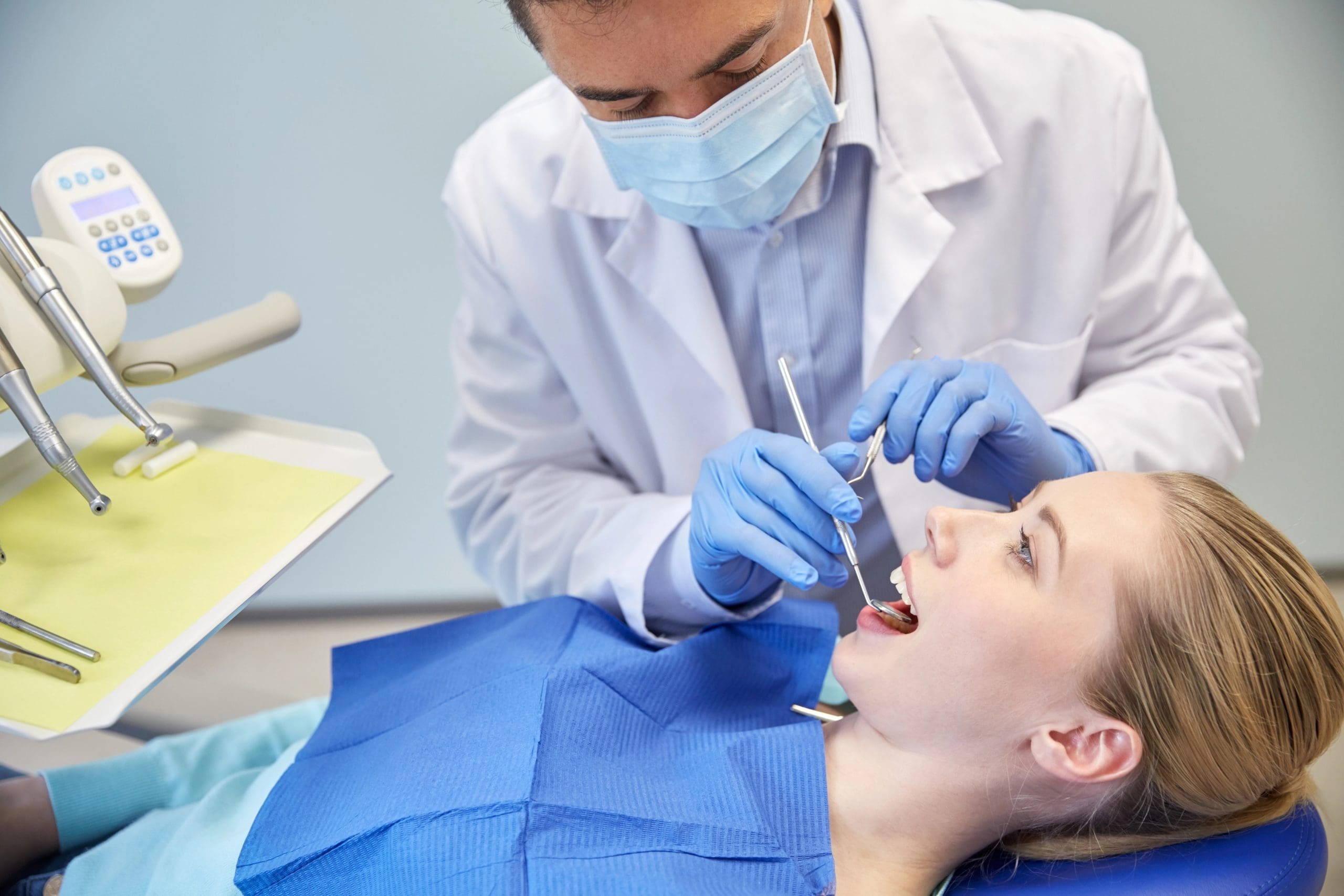Are you looking for the top tips for dental crown aftercare in 2024? Proper dental crown aftercare is essential to ensure the longevity and health of your dental work, helping you maintain a bright and healthy smile.
dental crown aftercare
Understanding the lifespan of a dental crown is crucial for effective dental crown aftercare. Typically, dental crowns can last anywhere from 5 to 15 years, depending on various factors such as oral hygiene, dietary habits, and the material used for the crown. Proper dental crown aftercare can significantly extend the life of your crown, ensuring that it remains functional and aesthetically pleasing for as long as possible.
It’s important to recognize that while dental crowns are durable, they are not invincible. Regular dental check-ups and maintaining good oral hygiene practices play a vital role in preserving the integrity of your crown. For more insights into the advantages of dental crowns, consider Exploring the Benefits of Dental Crowns in 2024.“`html
Recognizing Common Crown Issues
Understanding the potential issues that can arise with dental crowns is crucial for effective dental crown aftercare. Common problems include sensitivity to hot or cold temperatures, discomfort when biting, and visible cracks or chips in the crown. Being aware of these issues can help you identify when something might be wrong and seek professional advice promptly.
Another common issue is the loosening of the dental crown, which can occur due to wear and tear over time. If you notice any unusual movement or instability in your crown, it’s important to address it as soon as possible. For more information on maintaining your crowns, visit our page on Affordable Dental Crowns Indianapolis.
“`
Managing Sensitivity and Discomfort
When it comes to dental crown aftercare, managing sensitivity and discomfort is a common concern for many patients. It’s not unusual to experience some level of sensitivity to hot or cold temperatures, as well as mild discomfort in the days following the procedure. This is typically due to the adjustment period your mouth undergoes as it gets used to the new crown. While these sensations are generally temporary, understanding that they are a normal part of the healing process can help you feel more at ease during your dental crown aftercare journey.
Foods to Avoid with Crowns
When it comes to dental crown aftercare, being mindful of the foods you consume is crucial for maintaining the longevity and integrity of your crowns. Hard foods like nuts and hard candies can cause damage or dislodge your crown, while sticky foods such as caramel and chewing gum can pull the crown off. Additionally, it’s wise to avoid overly crunchy foods like popcorn and ice, as well as very hot or cold items that can cause sensitivity. For more information on dental crown aftercare, visit Thompson Family Dental at Nora, your trusted Indianapolis Dentist.
Importance of Regular Dental Checkups
Regular dental checkups play a crucial role in dental crown aftercare. These routine visits allow your dentist to monitor the condition of your dental crowns and ensure they are functioning properly. By attending regular checkups, any potential issues can be identified early, preventing more serious complications down the line. Maintaining these appointments is essential for the longevity and health of your dental crowns, contributing to overall oral health.
Identifying Signs of Crown Damage
One crucial aspect of dental crown aftercare is being able to identify signs of crown damage early. Look out for symptoms such as increased sensitivity to hot or cold foods, discomfort when biting down, or visible cracks and chips in the crown. If you notice any of these issues, it’s essential to contact your dentist promptly to prevent further complications. Regular check-ups and maintaining good oral hygiene can also help in early detection and ensure the longevity of your dental crown.
Maintaining Oral Hygiene Routine
Proper dental crown aftercare is crucial for ensuring the longevity and health of your new crown. Maintaining a consistent oral hygiene routine is essential. Brush your teeth at least twice a day with fluoride toothpaste, and don’t forget to floss daily to remove plaque buildup around the crown. Using an antibacterial mouthwash can also help keep harmful bacteria at bay. Regular dental check-ups and cleanings are vital to monitor the condition of your crown and overall oral health. By adhering to these practices, you can prevent complications and enjoy a healthy, long-lasting dental crown.
Handling Crown-Related Emergencies
When it comes to dental crown aftercare, knowing how to handle emergencies is crucial. If your crown becomes loose or falls out, it’s important to contact your dentist immediately to prevent further damage or infection. In the meantime, avoid chewing on the affected side and try to keep the area clean. If you experience severe pain or swelling, over-the-counter pain relievers can help manage discomfort until you can see your dentist. Remember, prompt action is key to maintaining the longevity and effectiveness of your dental crown.
Long-Term Care for Dental Crowns
Proper dental crown aftercare is essential for ensuring the longevity and functionality of your dental crowns. To maintain your crowns in top condition, it’s crucial to practice good oral hygiene by brushing twice daily with a fluoride toothpaste and flossing regularly to prevent plaque buildup. Avoid chewing on hard objects like ice or pens, as these can damage the crown. Regular dental check-ups are also vital; your dentist can monitor the crown’s condition and address any issues early on. By following these long-term care tips, you can extend the life of your dental crowns and keep your smile healthy and bright.
Conclusion
For more information on dental crown aftercare, call 317-846-9444 or check out our Google Maps reviews.

